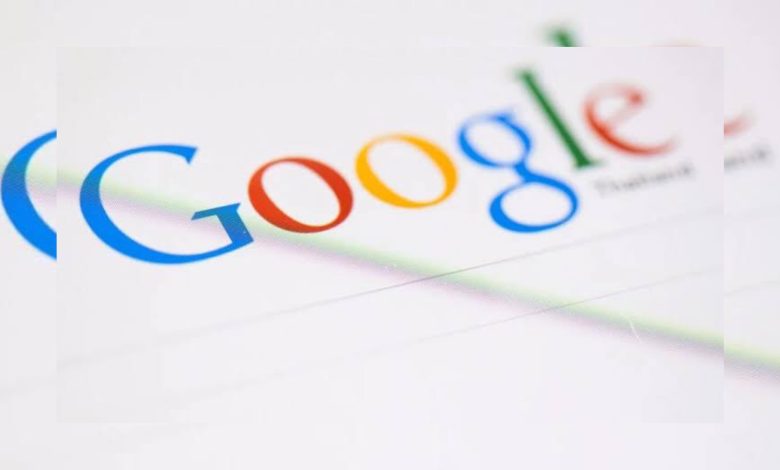Google Unveils AI Virtual Assistant for Scientists

Weezha Roz-Kabul-Google has developed a new AI-powered tool designed to act as a virtual assistant for biomedical researchers.
Tested at Stanford University and Imperial College London, this system is set to revolutionize medical research by analyzing vast amounts of scientific data and generating innovative hypotheses.
Developed by Google’s AI unit, DeepMind, the tool uses advanced reasoning algorithms to examine thousands of scientific papers, clinical data, and research sources.
In a trial on liver fibrosis, all AI-generated suggestions for addressing the disease’s causes showed promising results.
Demis Hassabis, the head of DeepMind, who won the Nobel Prize in Chemistry last year for pioneering work in protein science, said: “Our goal is to accelerate the discovery of new treatments by reducing the burden of data analysis on researchers.
This tool not only formulates hypotheses but also continuously improves its suggestions through learning.”
This innovation follows the broader expansion of AI into specialized fields like legal research and customer service.
Previously, models like “ChatGPT” had demonstrated AI’s potential to play a role in complex human-centered domains.
DeepMind, with a focus on fundamental sciences, also has projects like “AlphaFold” (predicting protein structures), which has made groundbreaking contributions to modern biology and medicine.
Stanford researchers have described this tool as a “non-stop, unbiased assistant” capable of uncovering hidden patterns in scientific data.
However, some experts have cautioned that the use of AI in hypothesis generation requires careful human oversight to prevent algorithmic bias or error.
Google announced that the technology will soon be available to research labs around the world.
It is expected that AI integration with biomedical sciences will significantly reduce the time needed to discover new drugs and pave the way for tackling complex diseases like cancer or Alzheimer’s.
Weezha Roz




